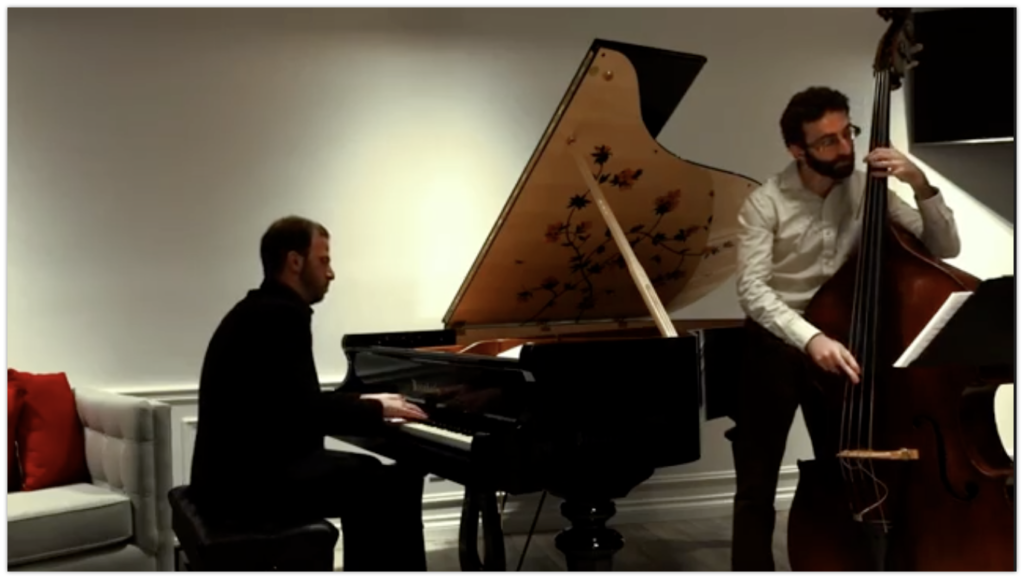Used Pianos
How to Buy a Used Piano
How to buy a used piano:
Buying an acoustic piano can be a daunting a task. There’s a lot to consider when you first start shopping and the amount of things to look out for can be overwhelming.
Here are the most important things to consider when you are looking to buy an acoustic piano:
1. Humidity control and level in current owner’s home. (Elaboration below)
2. Age and model by serial number (Elaboration below)
3.Regularity of the space between each note in the keyboard. (Shows amount of use)
4. General presentation of the piano, is it damaged?
5. Moving logistics and cost.
Humidity is what can make or break an acoustic instrument. Pianos are comprised mostly of wooden parts. The most important part of a piano is its sound board. This is the wooden surface behind the instrument that gives it its distinct voice. Low humidity will dry out the wooden components of any acoustic instruments and can eventually cause them to crack. If this is cracked, the piano’s sound loses much of its depth and richness.
When the environment in which the piano has been kept is too dry (low humidity), not only can the wood crack, it can also shrink. The tuning pins of a piano are essentially screwed into wood. When you lift the lid of an acoustic piano you will metal pins around which the strings are wound. Well when the wood shrinks, these wooden pins become loose, because the holes they are screwed into become wider. This causes the piano to go out of tune.
So what is the ideal humidity % you might ask? 45% humidity would be excellent. If you live in a cold place like Montreal, Canada…you can cut yourself some slack and aim for a range of 40% – 60% (of course 60% is more likely in the summer).
One way to check this is to simply ask the person what the level of humidity in their home is. If they have no idea, then that would be a strong indication that they never monitor the humidity in their home. That would be the first red flag. Now if you would rather have your own answer, bring a little tool with you called a digital hygrometer. This usually costs no more than 15-20$ and will show you the humidity in the room that you are in.
NOTE* do not hold the instrument in your hand and expect an accurate reading. Your hands’ moisture will skew the results. *
The next to verify of course is the model and serial number of the piano. This helps verify the age of the piano and also whether or not it actually is what the owner says it is. The other thing it helps verify is whether or not the piano was manufactured specifically for the country you are in. Allow me to explain : much like clothing is pre-washed to pre-shrink it so that you don’t end up an unhappy customer…the wood in a piano is ‘’seasoned’’ or pre-dried if you will to specific humidity levels depending on which country it will end up in. The pianos manufactured specifically for the Canadian market are different than ones manufactured for the Japanese market for example. Pianos that are manufactured for another country and imported here 30 years later are something to watch out for. These are called ‘’Wet pianos’’ or ‘’Grey Market pianos’’. Avoid serial numbers attached to these types of pianos.
Now, if all of this seems too complicated or if you simply do not have the time to do this, please call a qualified piano technician to verify the piano for you. If you are in the Montreal area, we would be more than happy to refer a competent piano technician who may assist you in verifying that the piano you’re looking to buy is in perfect order.
Finally, let’s assume that everything goes well and the technician gives you the green light to go ahead and buy the piano. The final thing to consider is the cost of moving the piano out of the seller’s home and into your home. Is the piano on the ground floor? Can it go straight out the front door? How many stairs are there? Are there any tight corners? Do the movers have to go up extra floors? All these details should be ironed out beforehand, so that you end up with delivery costs higher than the price you paid for the piano itself.
If you need any assistance whatsoever please call or e-mail us.
Contact Us :
450-688-3080
info@pianoheritage.com

